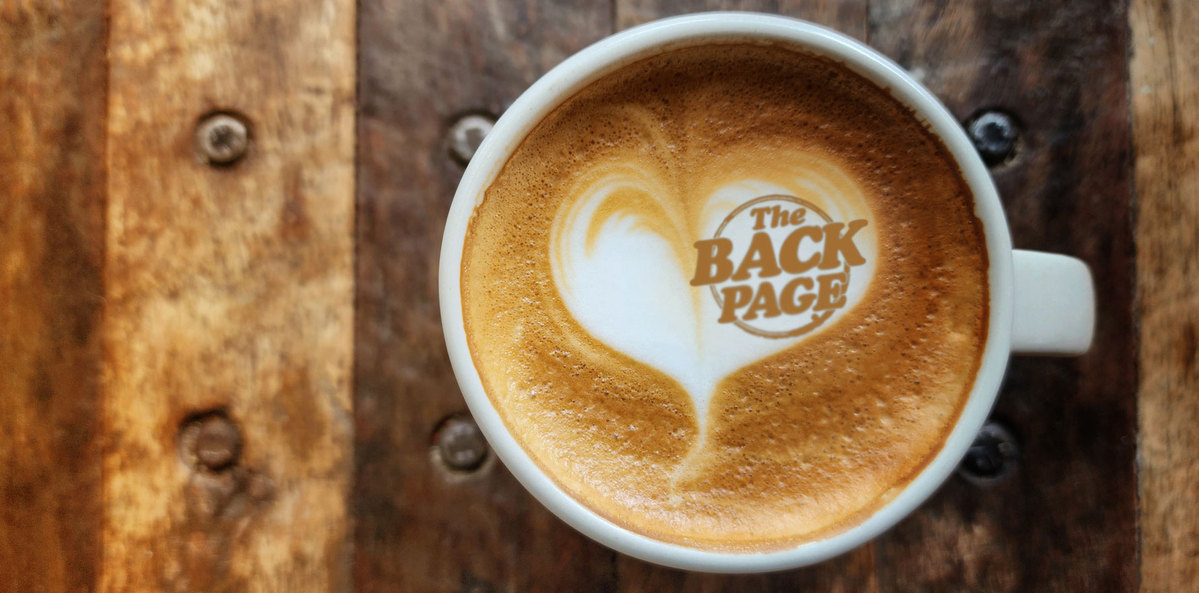A latte a day keeps the memory okay … but caffeine … doesn’t?
That all-important oomph you get from your morning coffee isn’t simply the result of caffeine, but of some other mystical sorcery.
“Habitual coffee consumers justify their life choices by arguing that they become more alert and increase motor and cognitive performance and efficiency; however, these subjective impressions still do not have a neurobiological correlation,” said authors of new research published in Frontiers.
The Back Page feels attacked.
To investigate this, Portuguese researchers scanned the brains of regular coffee drinkers pre and post either a cup of coffee or the equivalent serving of caffeine. Although both coffee and caffeine readied participants to take on the day, only Jack’s magic bean juice lit up areas of the brain involved in keeping on task and helping remember the new guy’s name.
The study recruited 83 coffee drinkers who drank a minimum of one cup a day (who can survive on one these days?!). Participants underwent functional MRI scans before and 30 minutes after either drinking coffee – a double shot topped up with water, no sugar (blasphemous) – or the equivalent amount of caffeine (85mg) diluted in hot water. Participants were instructed not to eat or drink coffee for at least three hours prior to testing and to rest and let their minds wander while undergoing the scans.
Over 2/3 of the recruits were women, with an average age of around 30.
Researchers found that the activity of the posterior default mode network – the area most alive when you’re zoned out in your morning meeting – was reduced after both caffeine and coffee intake. Prepped and ready to work! Hurrah!
Although not significant, there was a trend towards decreased connection between the prefrontal cortex and motor networks seen after caffeine intake, which was significant in the coffee drinking cohort. In a conclusion that will make sense to neuroscientists, but God help the rest of us, the researchers say this decreased connectivity means greater readiness for action.
Beyond readying you to engage with tasks, coffee was suggested to improve short-term memory, cognitive control and goal-directed behaviour by increasing connectivity in the higher visual networks and right executive control network. Caffeine couldn’t keep up in this regard.
The authors suggested this could mean that compounds other than caffeine found in coffee could induce sensory pleasure – like that of music.
The authors gave a nod to the study’s limitations; caffeine generally restricts blood flow which may have had an undue effect on the fMRI scans as they measured blood flow to the brain. There was also no comparison to those drinking decaf or non-coffee drinkers, which might have helped tease out the effects of the ritual of drinking coffee versus other neurochemical effects, as well as the effects of withdrawal relief. The skew towards women in the cohort studied could also have resulted in a bias.
As my neighbour Barbara can confirm – shakes galore after just one cuppa – coffee affects everyone differently.
Moral of the story: lay off the Redbull (and the No-Doz…). They’re not worth it.
Send your story tips (and recs for cheap coffee spots) to penny@medicalrepublic.com.au to really feel alive.


